
Indian RE sector posts record $14.5b investment in FY2021/22
This is due to the increasing electricity demand and net-zero emissions commitments.
Investment in India’s renewable energy sector reached a record $14.5b in the financial year (FY) 2021-22, a 125% increase from FY2020-21, according to a report by the Institute for Energy Economics and Financial Analysis (IEEFA).
This is also 72% higher than the pre-pandemic FY 2019-20, it said.
“The surge in renewables investment comes on the back of the revival of electricity demand from the COVID-19 lull and commitments by corporations and financial institutions to net-zero emissions and to exit fossil fuels,” says the report’s author Vibhuti Garg, energy economist and Lead India at IEEFA.
“After falling by 24% from US$8.4 billion in FY2019-20 to US$6.4 billion in FY2020-21 when the pandemic curbed electricity demand, investment in renewable energy has made a strong comeback,” she added.
Of the total investments in the last financial year, 42% of the money flowed through acquisitions and most of the other big deals were through bonds, debt-equity investment, and mezzanine funding.
IEEFA said the largest deal was SB Energy’s exit from the country’s renewable sector following the sale of its assets worth $3.5b to Adani Green Energy Limited. Another notable deal also included Reliance New Energy Solar’s acquisition of REC Solar holding assets and other companies like Vector Green, AGEL, ReNew Power, Indian Railway Finance Corporation and Azure Power raising money in the bonds market.

Despite the surge in investment, Garg said renewable capacity expansion in India needs to be accelerated to reach the 450GW capacity target by 2030.
“The Indian renewable energy sector needs about US$30-US$40 billion annually to meet the 450GW target,” she said. “This would require a more than doubling of the current level of investment.”
In FY2021-22, India added 15.5 gigawatts (GW) of renewable energy capacity, bringing its total installed renewable capacity, excluding large hydro, to 110GW as of end-March 2022, still far from the target 175GW capacity by year-end.
Garg added that rapidly increasing the renewable capacity is essential in meeting the rising electricity demand. The government also needs to roll out “big bang” policies, and reforms to push the acceleration of renewable energy deployment. This will also reduce reliance on expensive fossil fuel imports.
Investments should be increased not only in the wind and solar capacity but also “in creating an entire ecosystem around renewable energy,” she said.
“Investment is needed in flexible generation sources such as battery storage and pumped hydro; expansion of transmission and distribution networks; modernisation and digitalisation of the grid; domestic manufacturing of modules, cells, wafers and electrolysers; promoting electric vehicles; and promoting more decentralised renewable energy such as rooftop solar,” Garg said.
Read also: India’s RE capacity reaches over 109GW as of Q1 2022
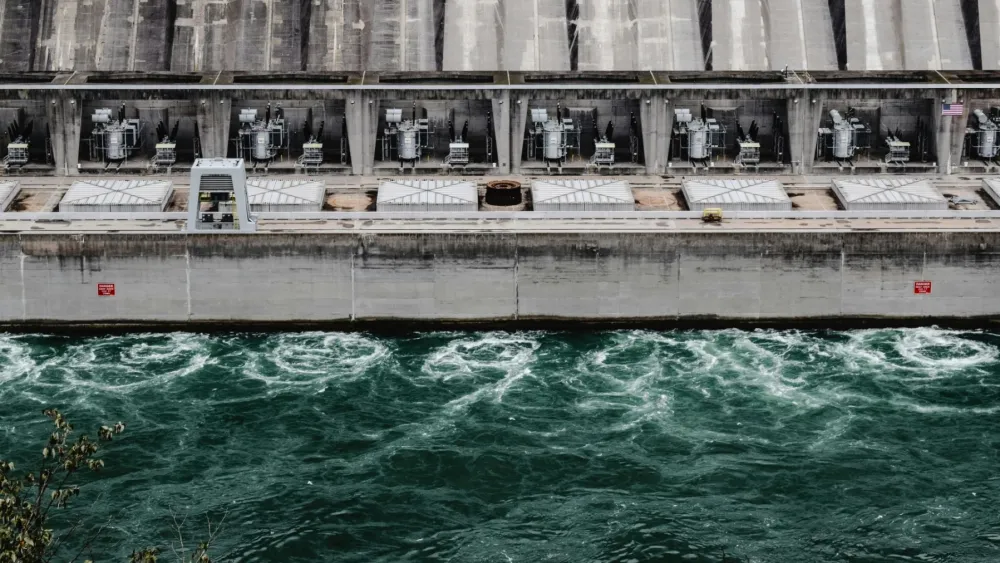
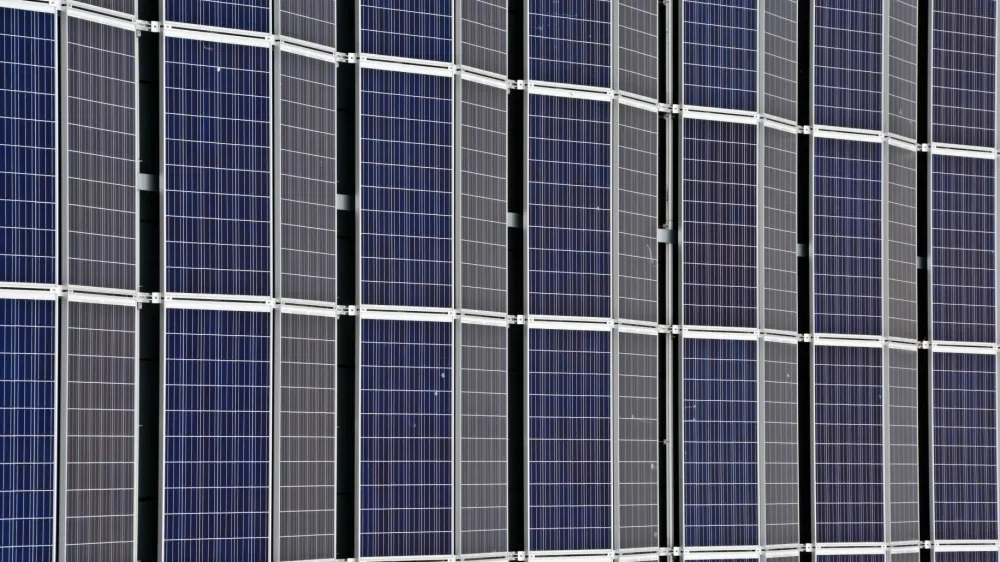
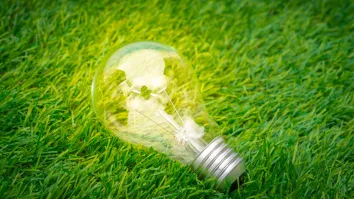
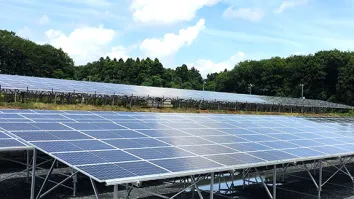

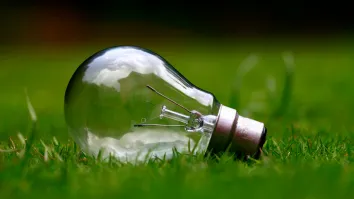













 Advertise
Advertise







